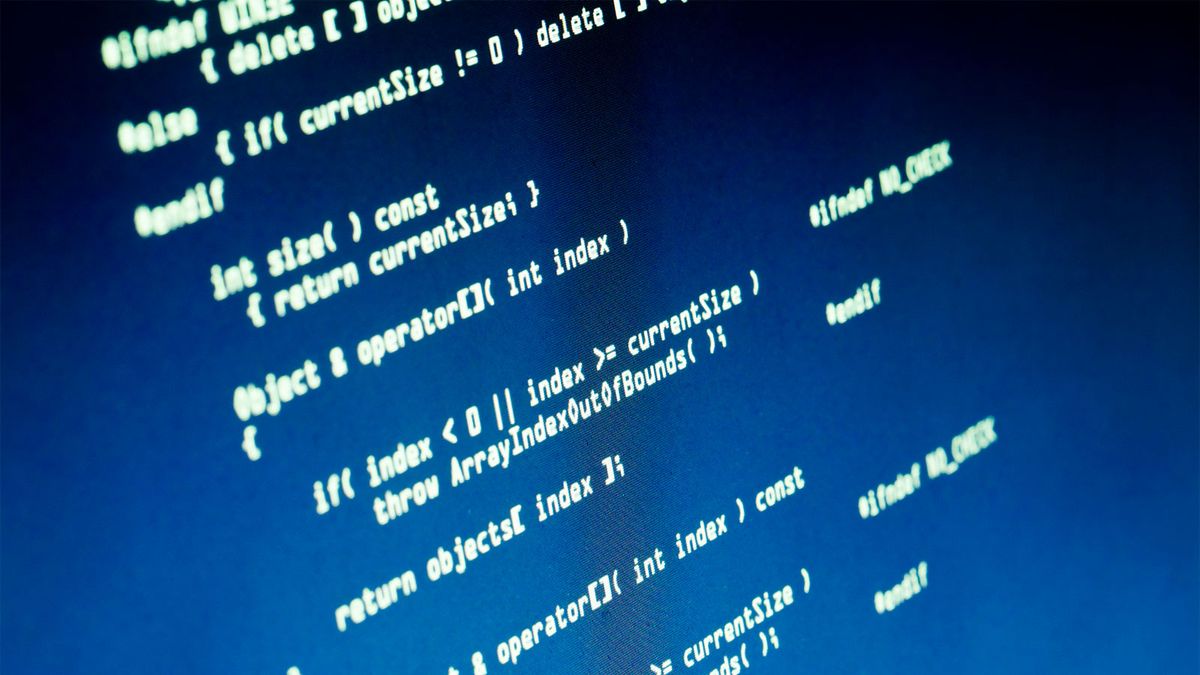Hi,
I have a long string in char * and want to convert it to a File *
fp.
Is there any best way to do it without using tmpfile?
Thanks.
wy.
I have a long string in char * and want to convert it to a File *
fp.
Is there any best way to do it without using tmpfile?
Thanks.
wy.



Comment